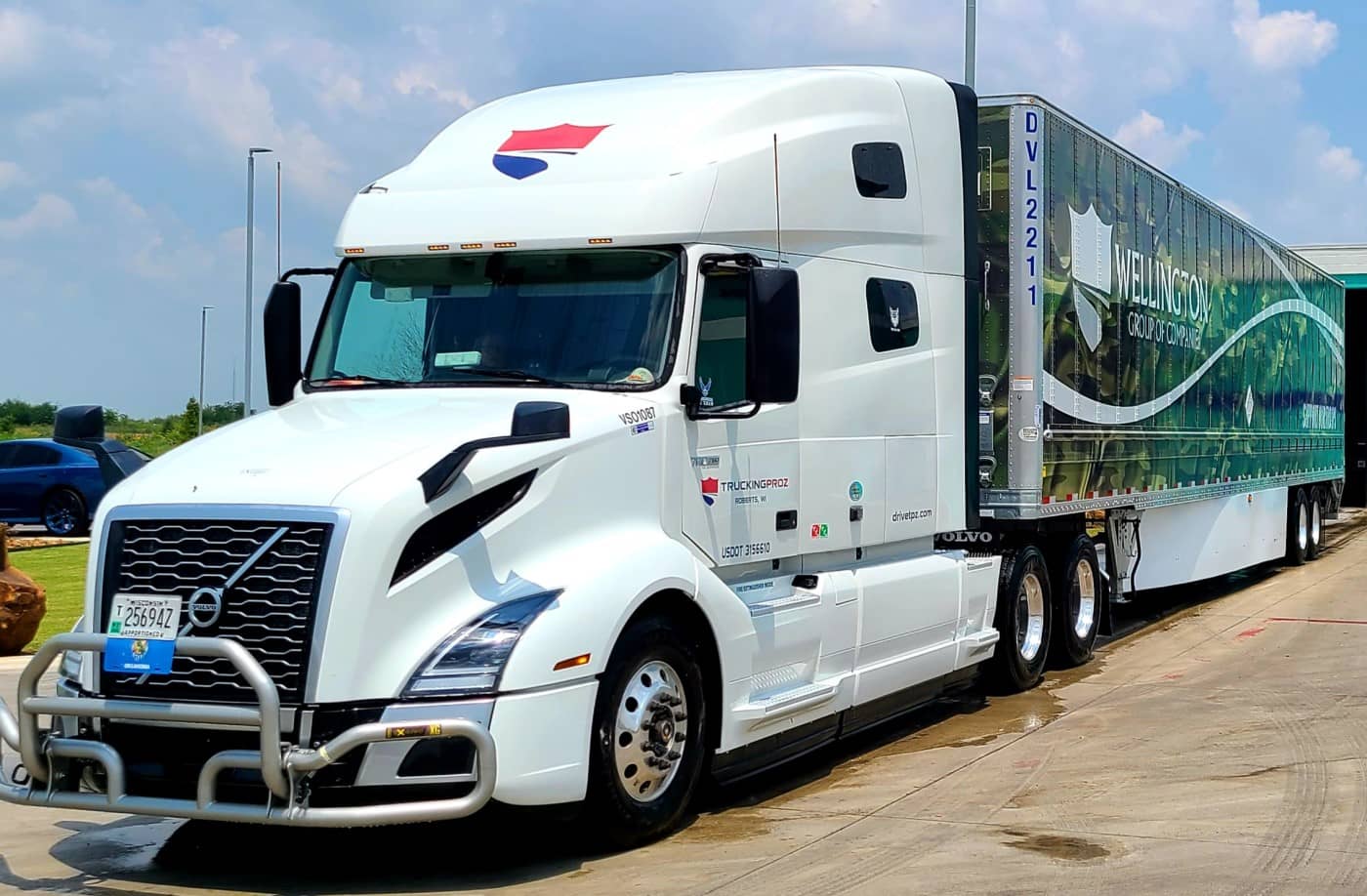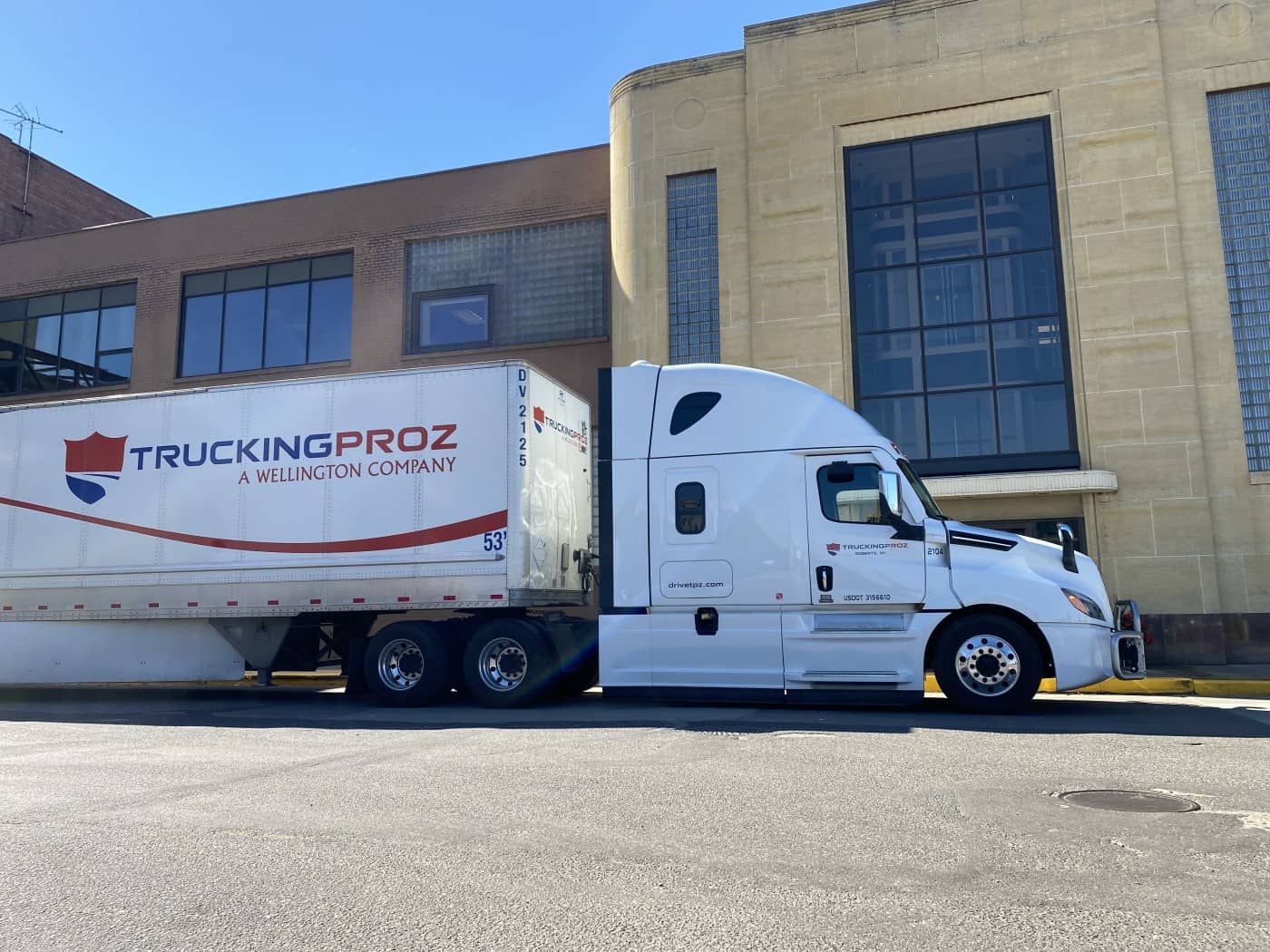
What is it?
Less than truckload (LTL) is a mode of transportation that is used by shippers whose freight will not be most efficiently moved by a utilizing a full truckload. Here are a few common reasons a shipper might chose to ship LTL:
- They do not have enough freight to fill an entire 53' trailer.
- Their freight moves to locations that a full 53-foot trailer cannot access.
- Their freight moves to many different or inconsistent locations.
- Their freight orders from customers are between 1-10 pallets.
Carriers that provide LTL services look for freight on the open market, or with dedicated shippers, to fill up their trucks. Ideally, LTL carriers like to move between 1-5 standard size pallets that are lighter (1500 LBS on average), and because of this, shippers looking to move freight fitting this description may find LTL to be a great fit. Some carriers will even look for 10 pallets or more on certain routes. The result of being able to utilize LTL efficiently can be reduced costs, since a shipper has effectively consolidated goods with other shippers and shared costs.

When is it used?
In many cases, shippers using LTL are providing goods to retail environments 'just in time' (JIT) for sale or stocking. It's also common to say that usually smaller companies ship LTL, but even larger shippers utilize LTL shipping. It all depends on the company, market conditions, and specific details of the freight.
It's important to note that LTL shipments can be used by a shipper in a consolidated manner with 53-foot FTL and any other types of freight movements. A shipper does not select one or the other, but may use a combination of LTL, FTL, etc., to create the best solution for their needs.
Things to consider: Lost & Damaged Shipments
LTL shipping can have higher incidences of lost and/or damaged shipments. National LTL carriers utilize several terminals, trucks, and staff to manage freight movement. Freight will likely be transloaded multiple times, handled by several different trucks, and managed by several different people to complete the actual delivery. All of this increased movement or 'handling' means that shipments are at greater risk for damage.
Additionally, tracking a frequently handled LTL shipment can be difficult. Shippers may find it more challenging to get updates about where their shipment currently is, and delivery estimates are frequently less accurate.

Things to consider: Vetting a Carrier, a Brokerage (3PL), or Asset Backed Logistics (ABL) Provider
In a future lesson, we will cover in more detail the difference between these three options for hiring a company to move your freight. But for now, it's important to understand that it is essential to perform due diligence about the company you hire before shipping LTL.
All options will need to be properly vetted. If you hire a broker, they will be able to vet carriers for you or utilize pre-existing relationships. When selecting a broker, ABL, or asset carrier, the shipper should complete their due diligence prior to onboarding their LTL freight partner. Avoid rushing this crucial step in finding a partner! With LTL, the time invested to secure the right partner could save thousands of dollars in damages and claims.
To read more about LTL shipping from an expert and to see some tips and tricks about vetting a broker, carrier, or asset backed logistics company, click here.
Summary:
Shipping LTL is about finding the best possible solution by consolidating freight. When a shipper can't fill a full truckload or it isn't cost beneficial to do so, LTL can allow shippers to still move their goods without leaving too much money on the table. Finally, LTL shippers are best suited when they take the time to choose the right partner to help them move their freight, since LTL is prone to more handling than any other trucking mode of transport.

Sponsored by:





